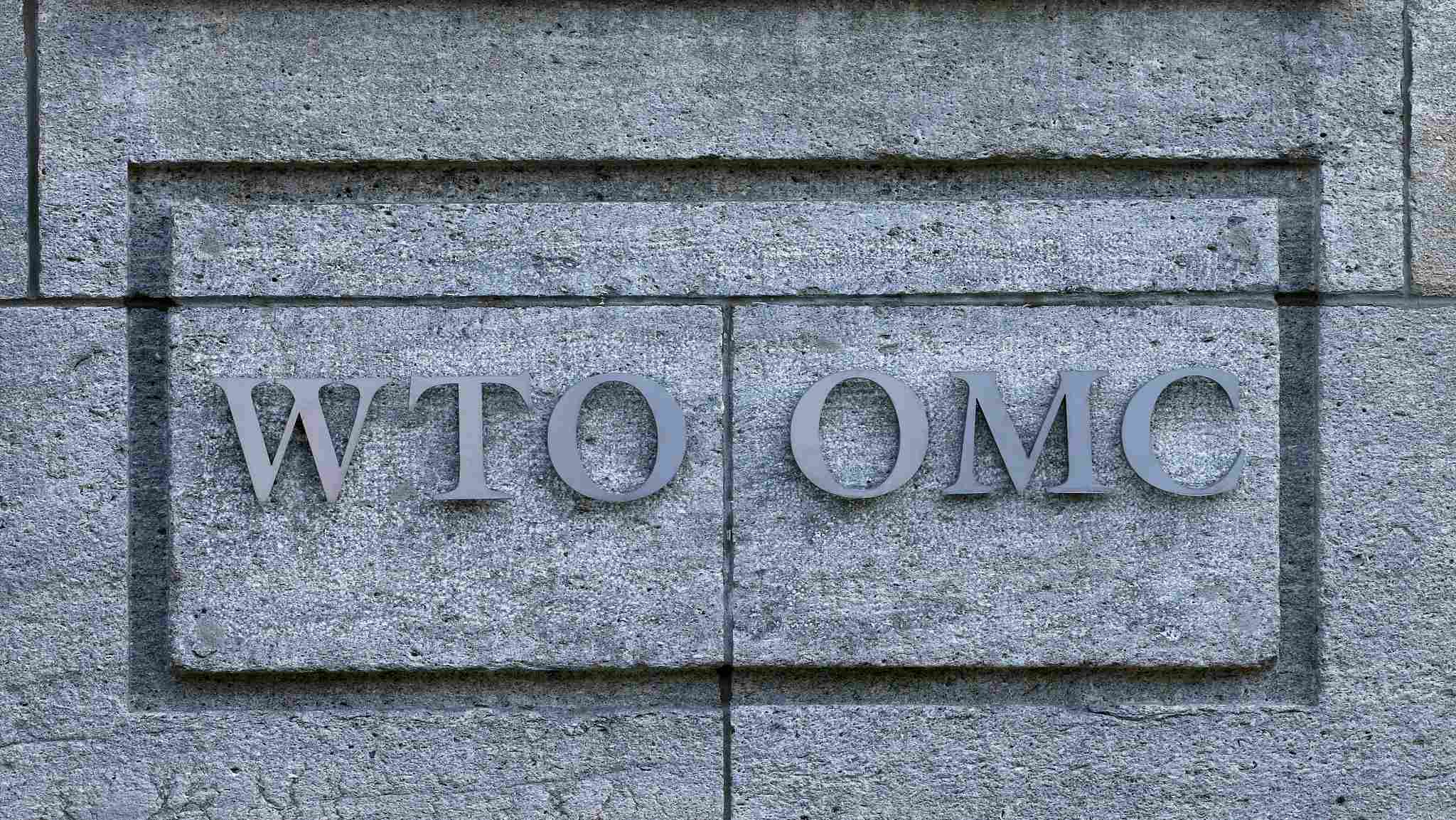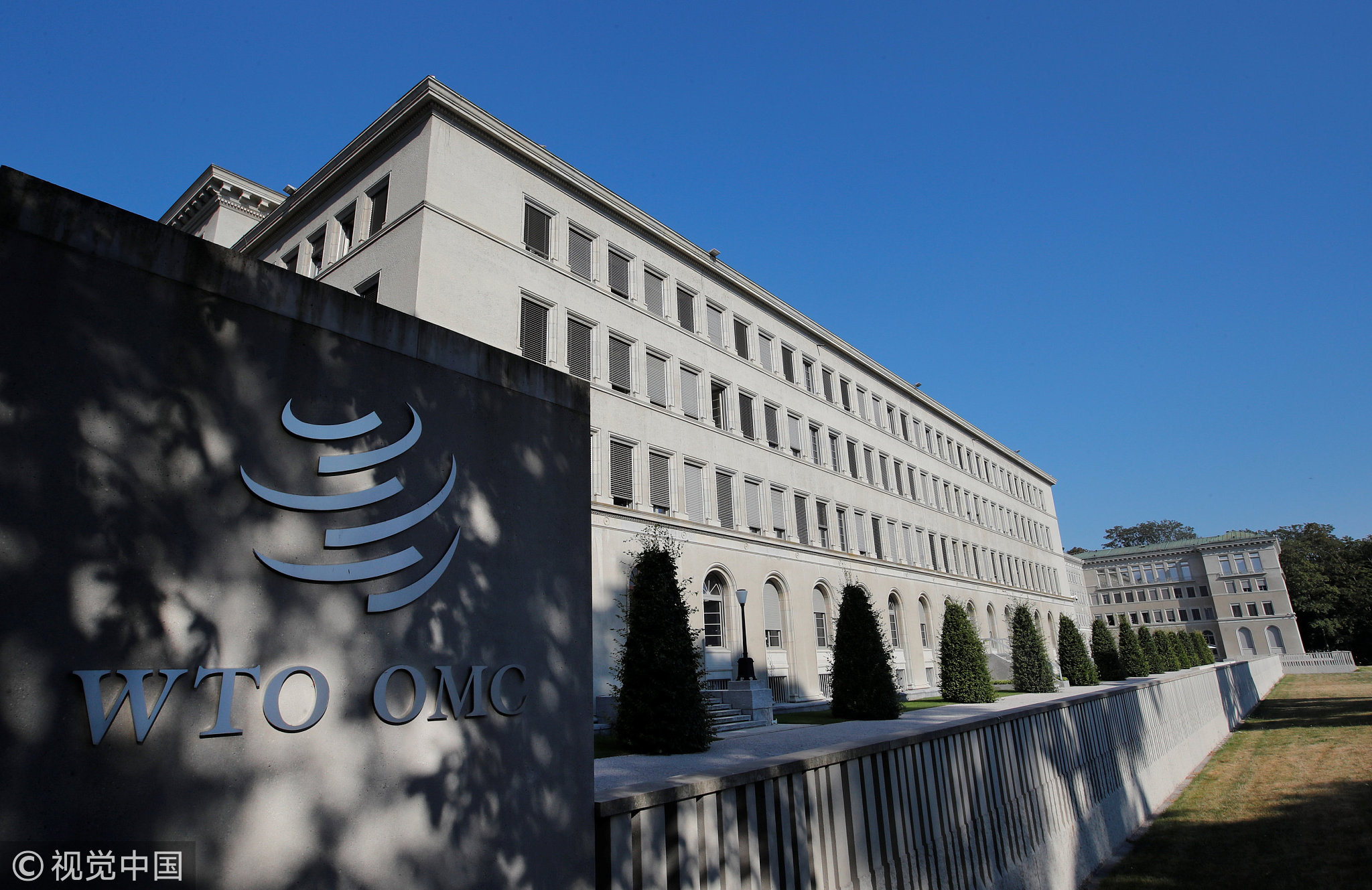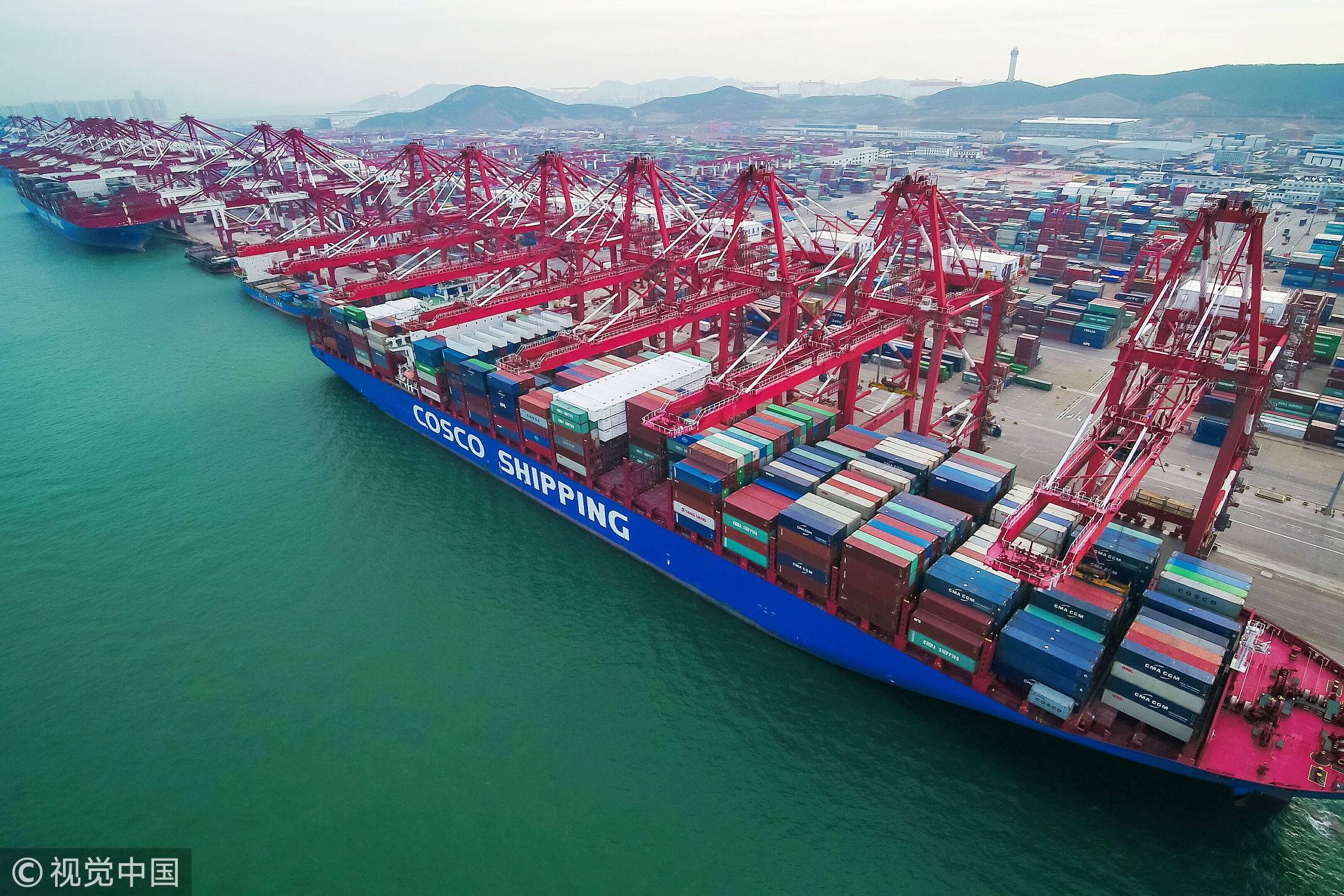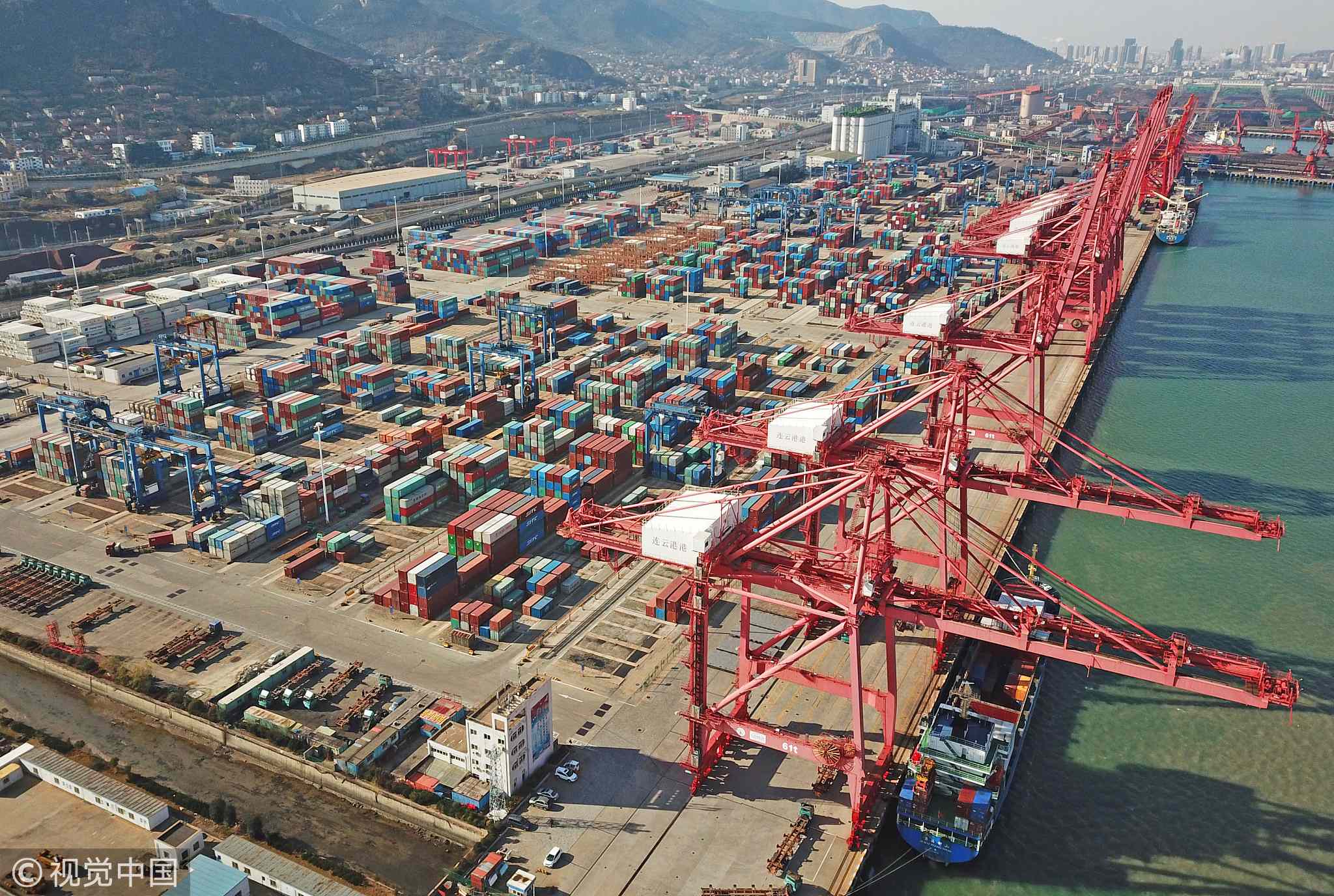
Opinions
18:53, 11-Dec-2018
Opinion: China joining the WTO, a milestone in the country's development
Updated
18:37, 14-Dec-2018
Shi Huimin

Editor's note: Shi Huimin is an associate professor at the School of Economics, and a research fellow with the National Academy of Development and Strategy at Renmin University of China.The article reflects the author's opinions, and not necessarily the views of CGTN.
On November 10, 2001, after 15 years of negotiations, China finally joined the World Trade Organization (WTO) at the organization's Fourth Ministerial Conference held in Doha, Qatar.
Joining the WTO has greatly boosted China's trade with the rest of the world. It is also a landmark event during the process of the country's reform and opening up.

The World Trade Organization (WTO) headquarters in Geneva, Switzerland, on July 26, 2018. / VCG Photo
The World Trade Organization (WTO) headquarters in Geneva, Switzerland, on July 26, 2018. / VCG Photo
However, at the beginning, people were uncertain what China's new membership would bring. There was no guarantee that joining the WTO would necessarily lead to an economic boom and an increase in social welfare in China. And moreover, what about its implications for the world? Would the rest of the world have more to gain, or to lose with China's accession to the WTO?
Now 17 years have passed since then. It may be a good time to examine the actual impact of this event on China and the world.
During this period, China's real GDP has grown by 9.4 percent on average annually. The country has surpassed Japan and Germany and become the world's second largest economy in terms of GDP. A great amount of research has suggested that joining the WTO has significantly boosted China's economic growth.
Moreover, China has become the world leader in export and import values. The country recently hosted its first international import expo in Shanghai, which has provided tremendous opportunities for global firms. It has also fulfilled its commitment of opening up to the world, with its average import tariff rate reduced from 15.3 percent in 2001 to 9.8 percent in 2017.

China International Import Expo on November 10, 2018. /VCG Photo
China International Import Expo on November 10, 2018. /VCG Photo
China has also been working with other countries on deepening trade relations, with 17 bilateral and regional trade agreements already signed and many others currently under the negotiations.
As Chinese firms grow, they start to look for investment opportunities across the world. The country currently is not only a major host country of foreign direct investment (FDI) but also the third largest source of outward FDI.
In 2017, China's accumulated outward FDI amounted to 125 billion U.S. dollars, which flew to 174 countries. Since 2013 when the country kick started the Belt and Road Initiative (BRI), it has signed memoranda of understanding with a host of countries on infrastructure projects, which have served to boost these countries' economic development.

Qingdao Port, Shandong Province, China on December 8, 2018. /VCG Photo
Qingdao Port, Shandong Province, China on December 8, 2018. /VCG Photo
Moreover, it also sets a good example for other developing economies. For example, Vietnam has adopted a growth model similar to China's that focuses on attracting the FDI, and developing processing trade.
Seventeen years ago, most foreigners could not name a single Chinese brand. “Made in China” used to be a synonym for cheap products thanks to China's comparative advantage in cheap labor.
Now, the scope of the "Made in China" products has expanded, which now includes innovative and high-end technologies, such as high-speed trains, mobile payment systems, etc.
The country has made remarkable progress in intellectual property protection rights . As a result, technological innovation in the country has given a great boost. Chinese products are now associated with being "modern," "high-tech" and "reasonably priced." China is now deeply involved in the global value chain.

Lianyungang Port, Jiangsu Province, China on December 8, 2018. /VCG Photo
Lianyungang Port, Jiangsu Province, China on December 8, 2018. /VCG Photo
Despite joining the organization fairly late, it has become an important player in the WTO. It has always been a strong defender of the core values of the organization, and a passionate advocate of the rules-based multilateral trading system. China's growth did speed up after its accession into the WTO and now serves as a great inspiration for other WTO members in terms of how to achieve better economic growth.
(If you want to contribute and have specific expertise, contact us at opinions@cgtn.com.)

SITEMAP
Copyright © 2018 CGTN. Beijing ICP prepared NO.16065310-3
Copyright © 2018 CGTN. Beijing ICP prepared NO.16065310-3